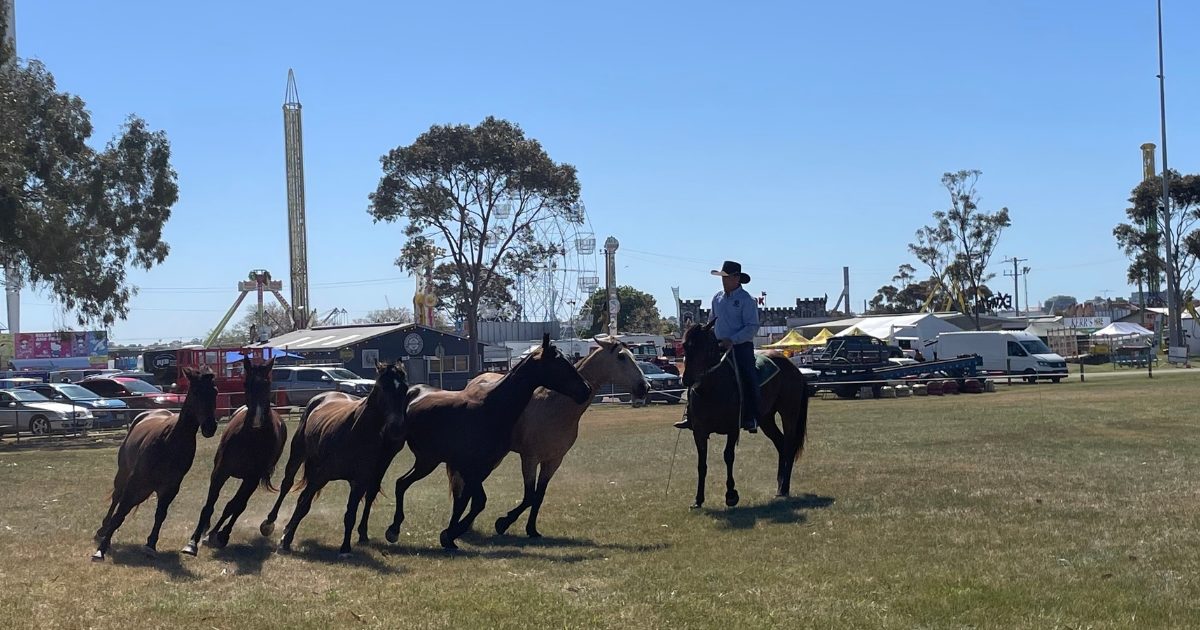Paving the way to a nature and climate positive future

More than 70 people gathered for the Nature and Climate Positive forum to discuss opportunities for the region. Photo: SUPPLIED.
THE Corangamite Catchment Authority (CMA) and the G21 Geelong Region Alliance co-hosted the Nature and Climate Positive Forum last month.
More than 70 representatives from local groups, organisations and government agencies came together to identify nature and climate positive opportunities for the region.
The Australian Government’s Nature Positive Plan describes ‘nature positive’ as repairing and regenerating nature, rather than it being in decline.
Corangamite CMA chief executive officer Dr Amber Clarke said the Corangamite region is uniquely placed to play a leadership role in delivering a climate and nature positive future.
“We can achieve this through catchment-scale demonstration projects that trial natural capital approaches and develop new environmental market opportunities for landholders, agencies and businesses,” Dr Clarke said.
Forum participants identified three priority actions.
– Develop a regional nature positive prospectus, to attract new investment in nature
– Continue to build regional partnerships and share knowledge, and
– Invest in regional data sharing and mapping of the region’s natural assets and current condition.
Co-chair of the G21 Sustainability Pillar Nicole Sexton said a major economic transition was already under way as more companies understood the risk of climate and nature dependencies.
“We are striving to protect and enhance the beautiful natural environment that makes our region so special,” she said.
“With a lot of competition for traditional funding sources, it is more critical than ever to plan for the future and harness new opportunities for attracting investment.”
IDEAA Group director Carl Obst was one of the guest speakers at the event, giving an overview of natural capital accounting, where he said the region has everything needed to be an early leader.
Professor Peter Macreadie of RMIT was also a key speaker, discussing local opportunities in the natural capital, blue and teal carbon and environmental accounting.
He said RMIT had identified and mapped ‘blue carbon’ and ‘teal carbon’ opportunities in the region and had found about 10,000 hectares of coastline suitable for blue carbon projects and more then 13,000 farm dams possibly suitable for teal carbon projects.
For more information, head to ccma.vic.gov.au

















